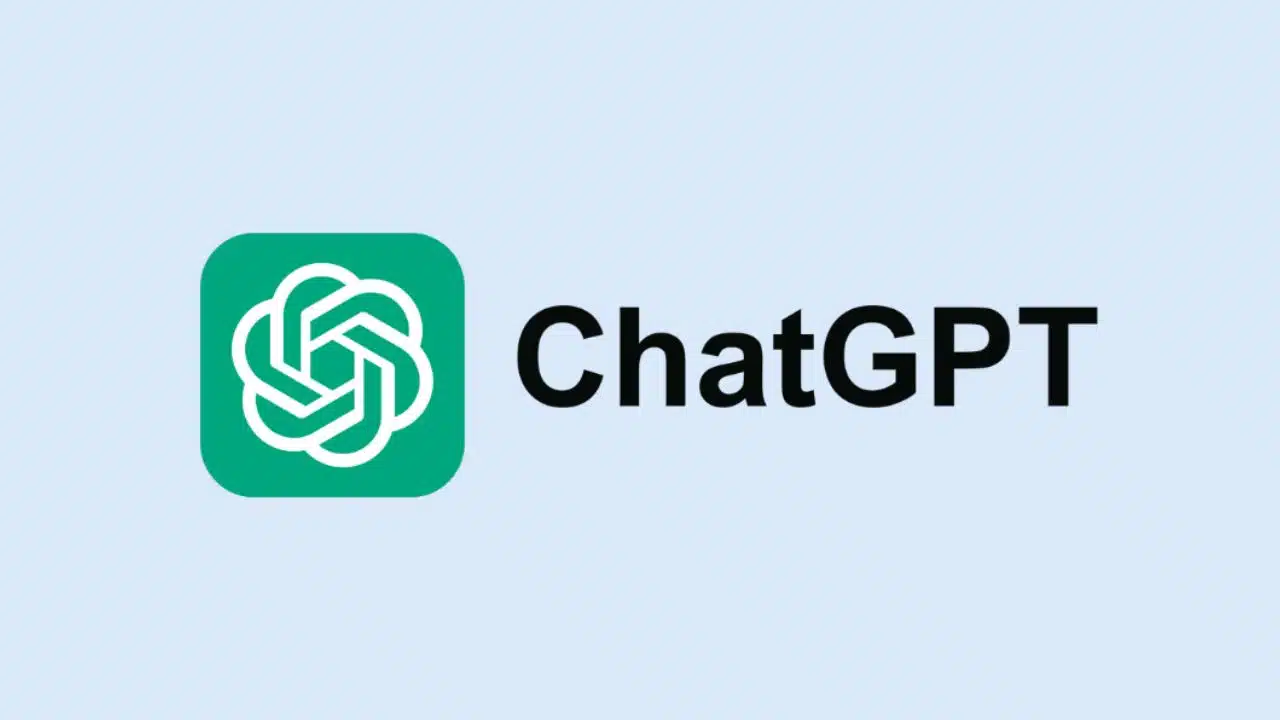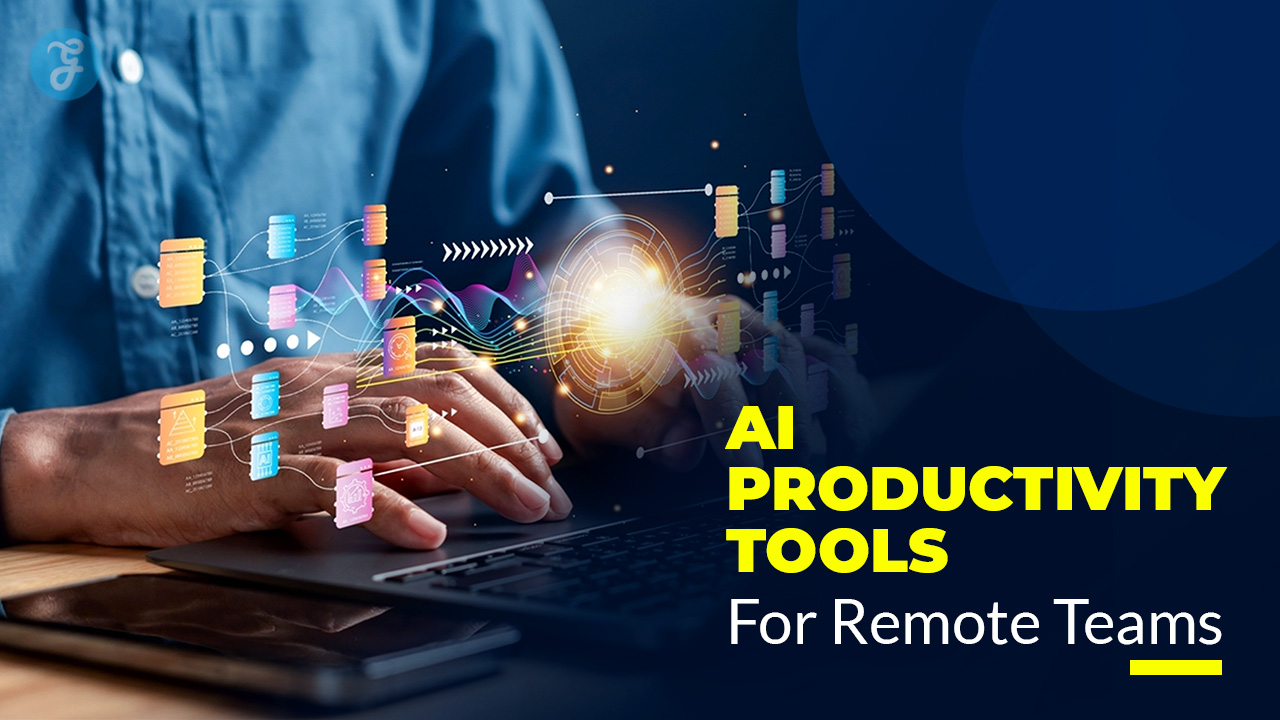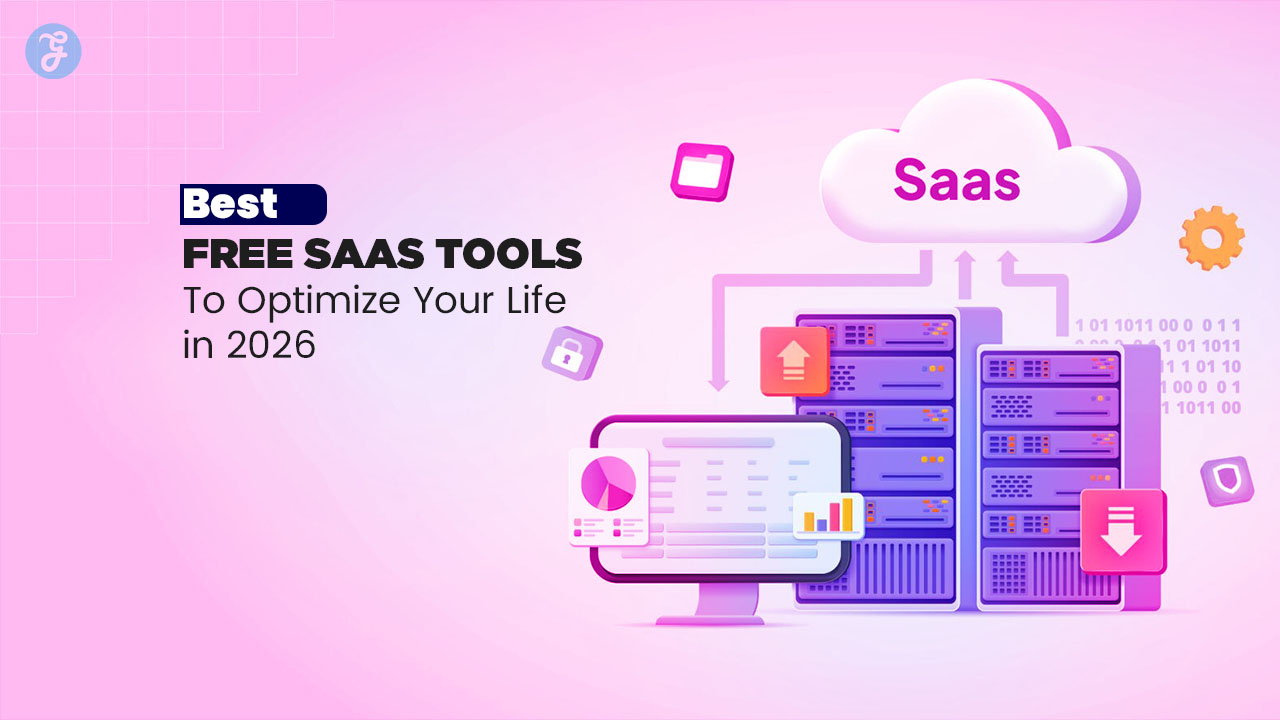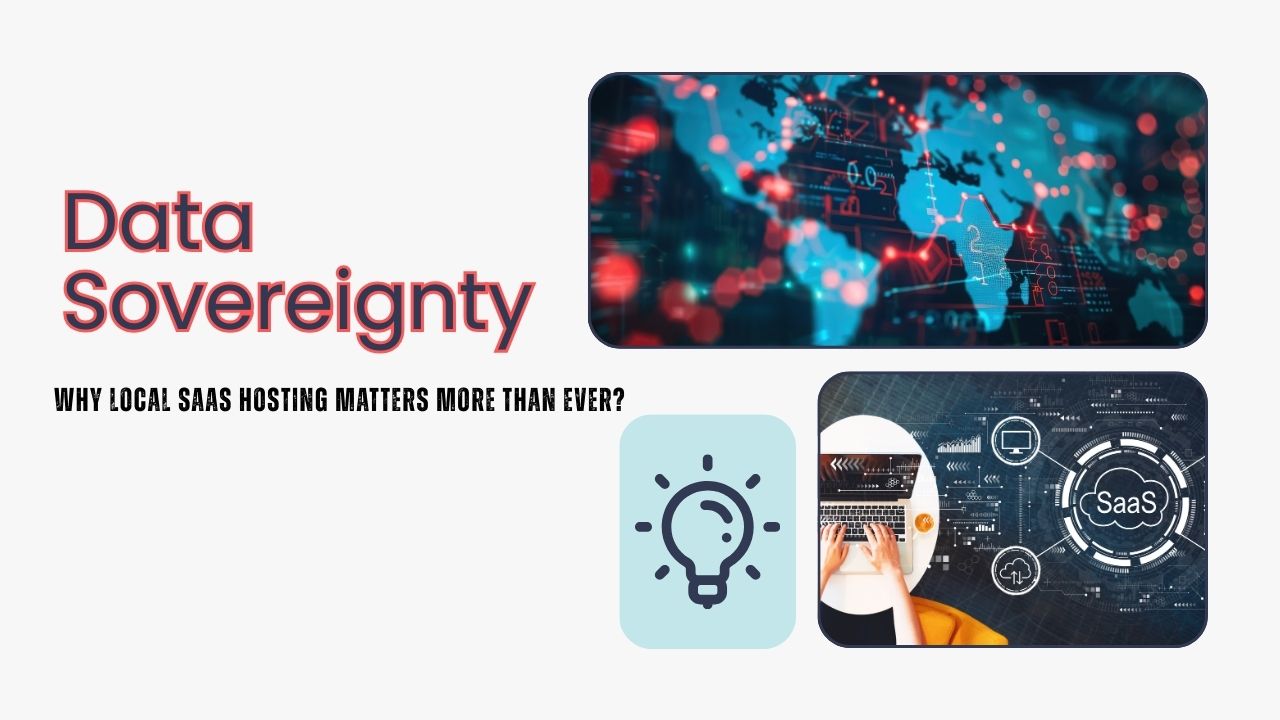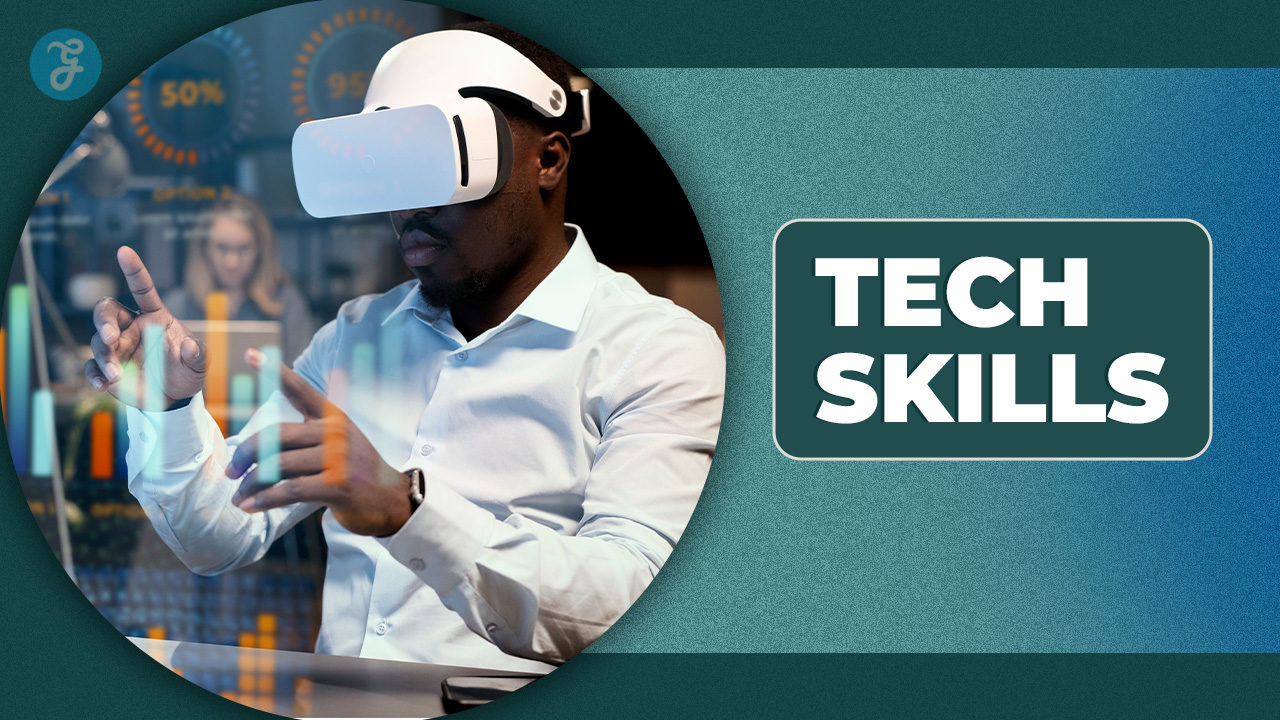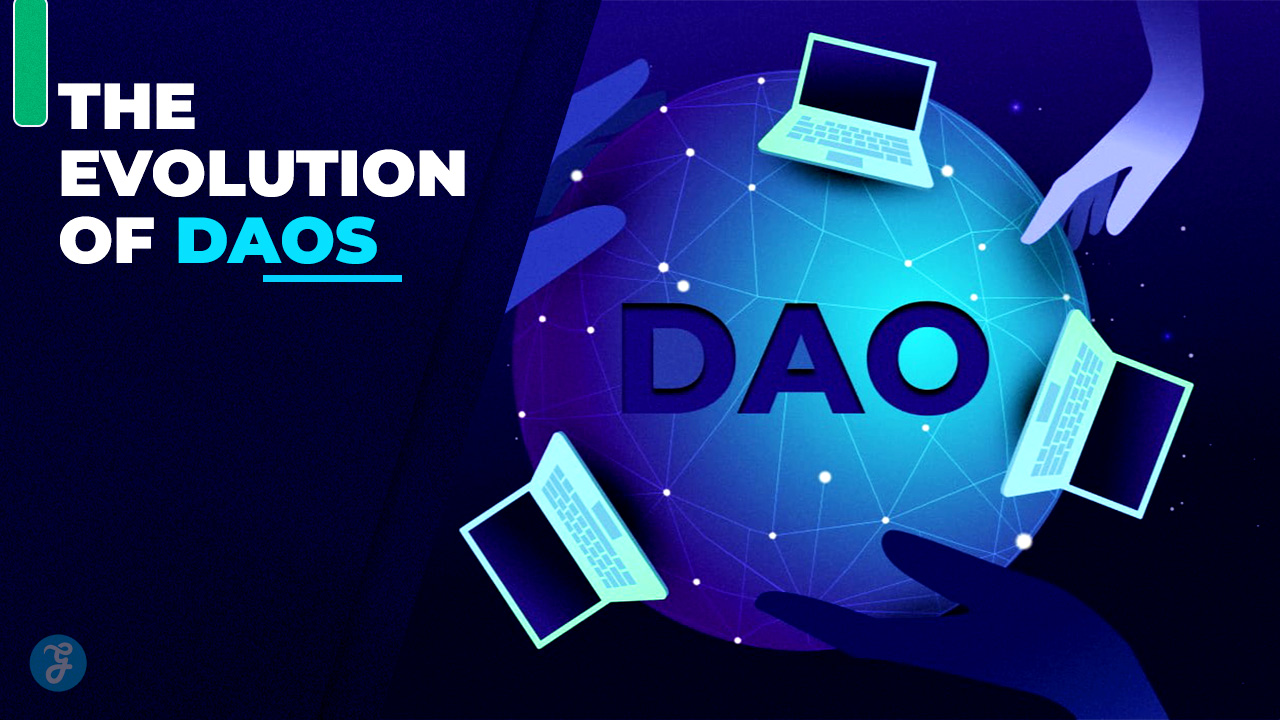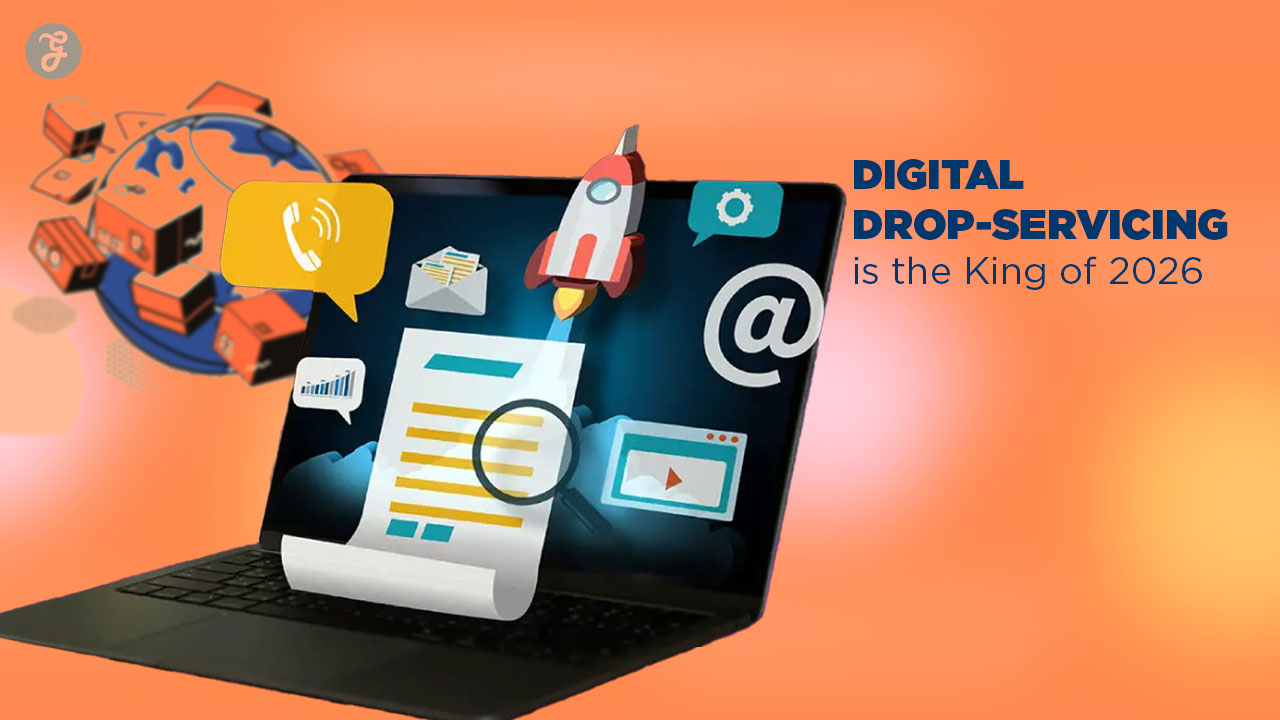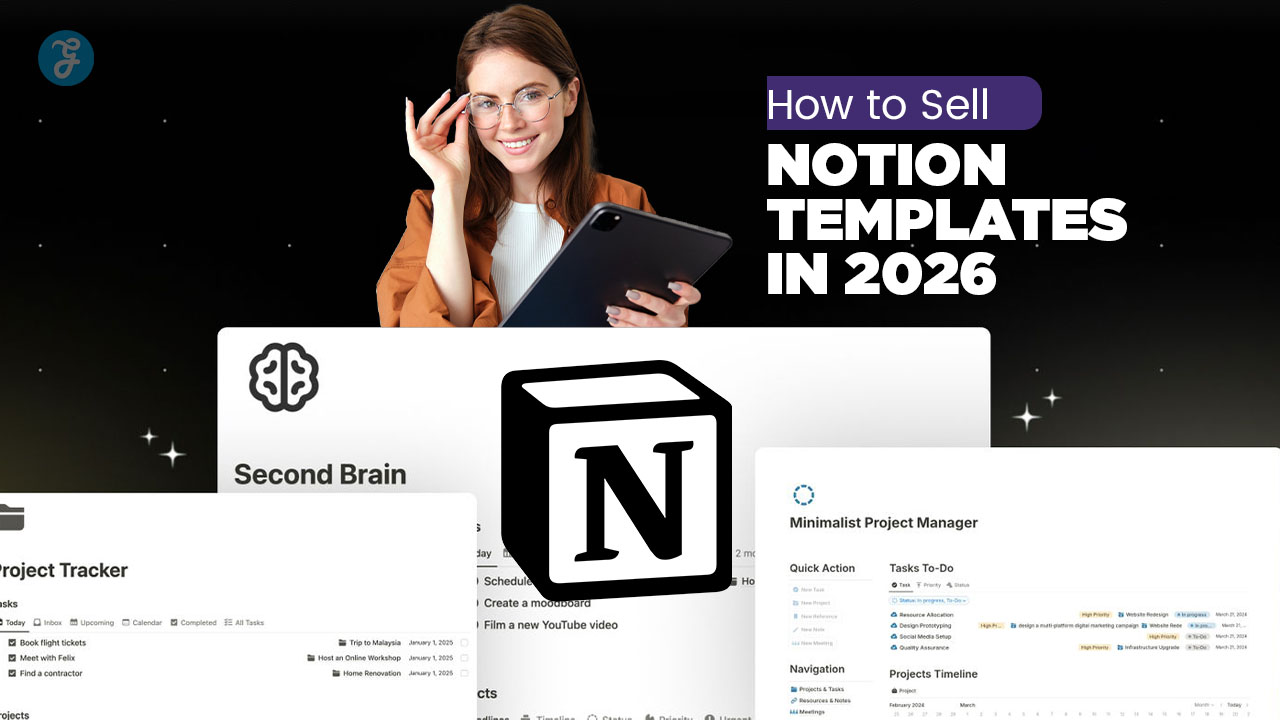Daily Show host Desi Lydic recently shared her thoughts on OpenAI’s upcoming voice assistant for ChatGPT, and she wasn’t particularly impressed. In a segment on her show, Lydic played a clip from the GPT-4 demonstration video, which featured a man in an OpenAI hoodie conversing with a female-voiced AI that seemed overly enthusiastic about their interaction.
Lydic’s Critique: Feeding Male Egos and Reinforcing Gender Stereotypes
Lydic’s main criticism of the voice assistant demo was that it appeared to be programmed to cater to male egos. “This is clearly programmed to feed dude’s egos,” she sighed after watching the clip. She pointed out that the AI’s behavior was unrealistic and that it was evident she was “faking it” when she complimented the man’s hoodie.
Lydic’s comments highlight the concern that AI technologies, when designed with biases, can reinforce harmful gender stereotypes. She emphasized this point by remarking, “You can really tell that a man built this technology. She’s like, ‘I have all the information in the world, but I don’t know anything. Teach me, daddy.'”
The Importance of Addressing Gender Biases in AI Development
Lydic’s observations raise important questions about the role of gender biases in AI development. As artificial intelligence becomes increasingly prevalent in our daily lives, it is crucial to ensure that these technologies are designed and trained in a way that promotes equality and avoids perpetuating harmful stereotypes.
OpenAI, like many other tech companies, has a responsibility to address these concerns and work towards creating AI systems that are inclusive, respectful, and free from gender biases. This includes carefully considering the language, tone, and behavior of AI assistants to ensure they do not reinforce outdated gender roles or cater to specific gender expectations.
The Need for Diverse Perspectives in AI Development
To create AI technologies that are truly representative and inclusive, it is essential to involve diverse perspectives in the development process. This means actively seeking input from individuals of different genders, races, ethnicities, and backgrounds to ensure that the AI systems being developed are not inadvertently perpetuating biases or stereotypes.
By incorporating diverse viewpoints and experiences, AI developers can create technologies that are more equitable, respectful, and beneficial to all users, regardless of their gender or other characteristics.
Moving Forward: Addressing Biases and Promoting Inclusivity
As OpenAI and other tech companies continue to develop and refine their AI technologies, it is crucial that they take steps to address the concerns raised by critics like Desi Lydic. This involves actively working to identify and eliminate gender biases in their AI systems, as well as promoting inclusivity and diversity throughout the development process.
By prioritizing these issues and engaging in ongoing dialogue with diverse stakeholders, AI developers can create technologies that are not only powerful and innovative but also respectful, equitable, and beneficial to all users. As we move forward in the era of artificial intelligence, it is essential that we remain vigilant in addressing biases and promoting inclusivity to ensure that these technologies serve the best interests of society as a whole.
Information Sources: Mashable and MSN.


